Politicians’ lamest apologies in 2013
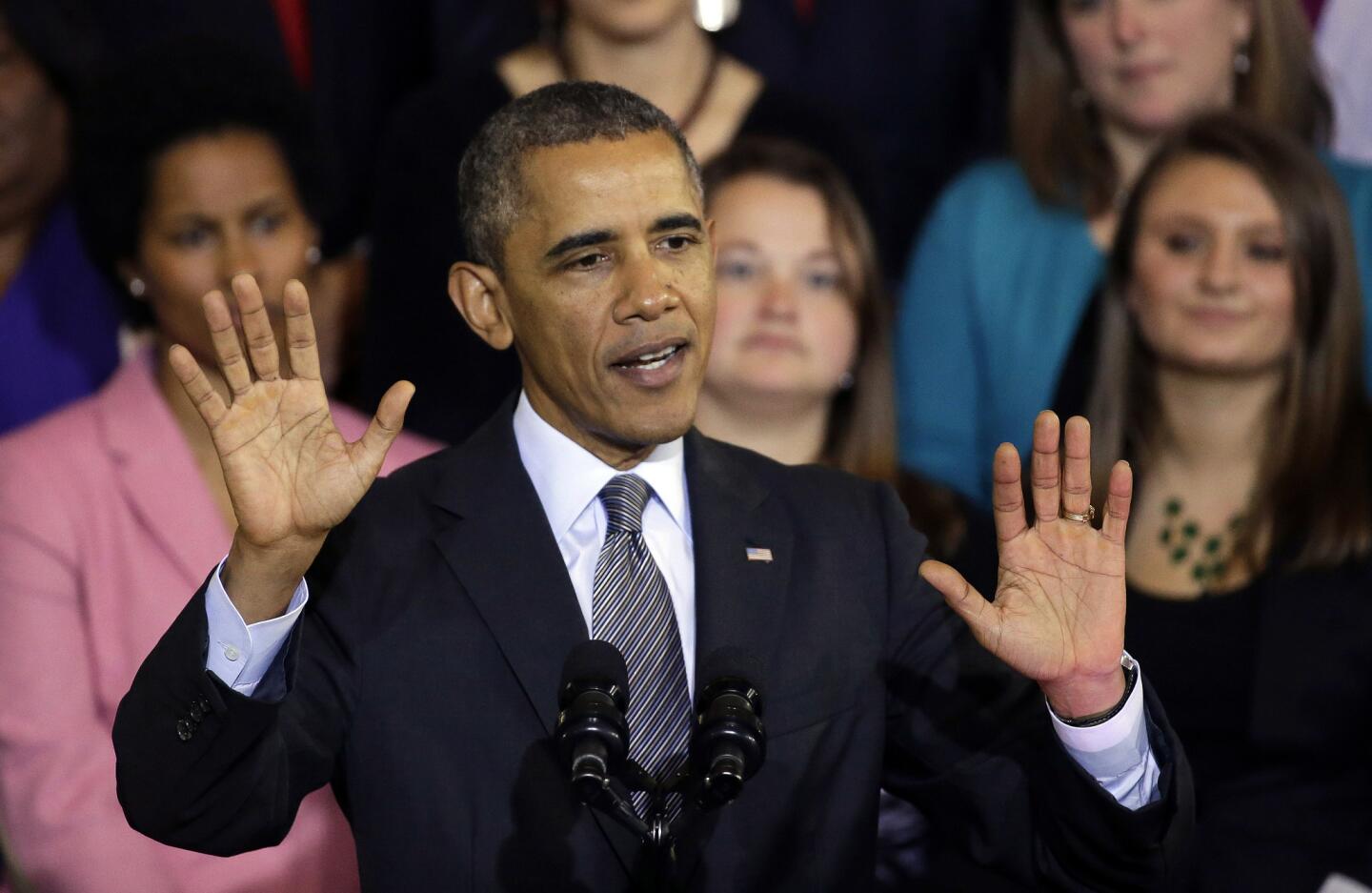
In a televised interview last month, President Obama apologized for telling the public, repeatedly and without qualification, that “if you like your healthcare plan, you can keep your healthcare plan” — even though the healthcare reform law he championed phased out plans that didn’t meet an exacting new set of standards.
He stopped short of admitting that he’d done something wrong, though, which left some of the people whose policies were canceled fuming. “I am sorry that they are finding themselves in this situation based on assurances they got from me,” he told NBC News. Wait, what? People are “finding themselves” without coverage not because of some bogus promise Obama made but because of the law he championed.
PolitiFact later declared the president’s “you can keep it” promise its “Lie of the Year.”
Above: Obama speaks at Boston’s historic Faneuil Hall about the federal healthcare law on Oct. 30.
MORE YEAR IN REVIEW:
12 political photos that made us look twice
10 tips for a better life from The Times’ Op-Ed pages
Kindness in the world of politics? 7 uplifting examples from 2013 (Stephan Savoia / Associated Press)
One of the dark arts of politics is the non-apology apology, or the practice of saying you’re sorry without admitting that you’ve done anything wrong. It’s a pretty simple formula: You express regret -- not for having done something mean, stupid or damaging but because some people may not be happy about it.
Elected officials offered a bumper crop of these conditional apologies in 2013. Here are a few of the lamest. -- Jon Healey
Follow Jon Healey on Twitter @jcahealey and Google+
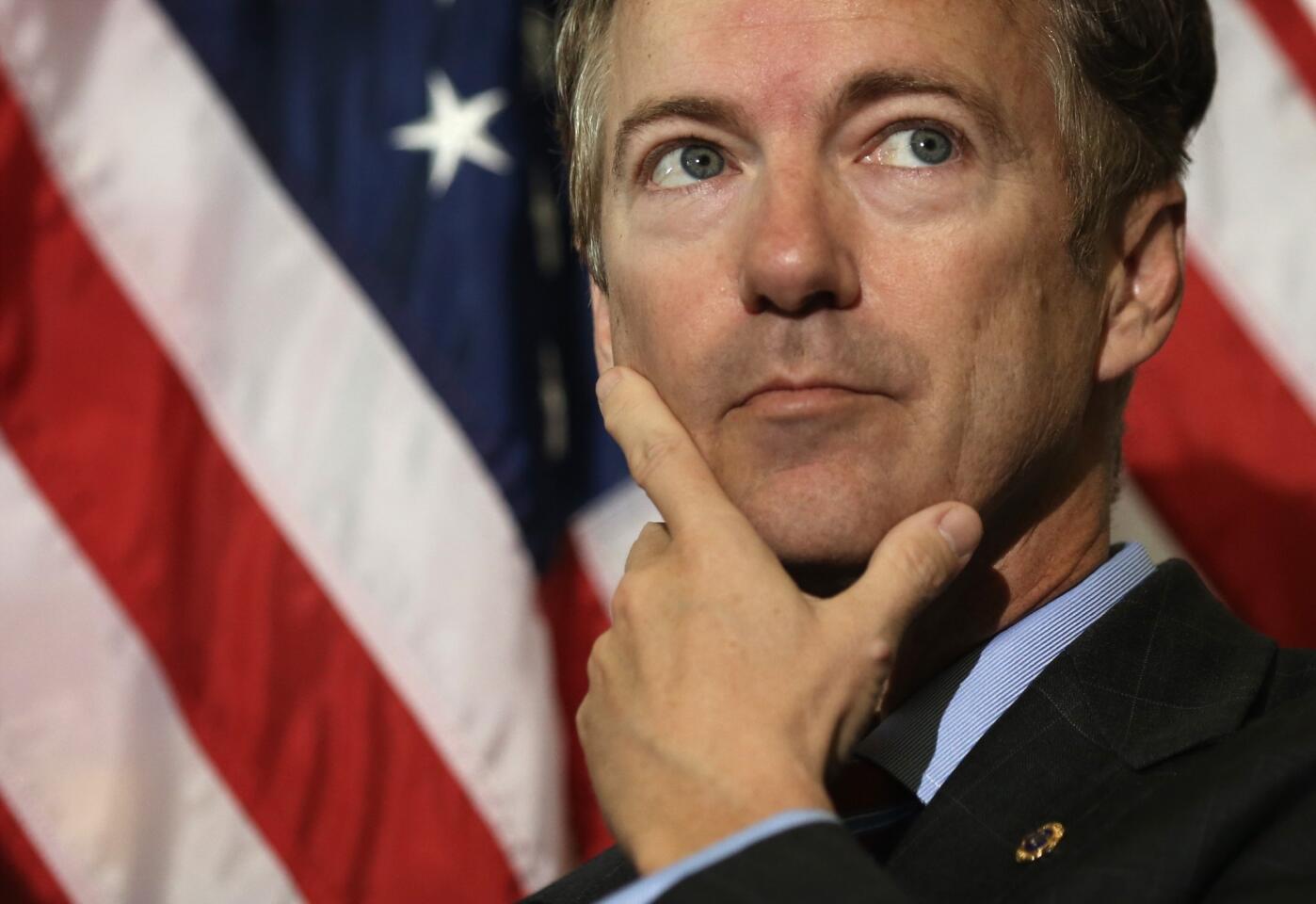
When confronted with evidence that he’d recycled passages written by other writers into some of his speeches and columns without attribution, Sen. Rand Paul (R-Ky.) initially accepted responsibility for the plagiarism. But he grew increasingly defiant as the revelations continued, and he went on the offensive against his critics. In addition to faulting his staff for poor footnoting, he blasted the media for making a mountain out of a molehill. As he put it to ABC News, “I think I am being unfairly targeted by a bunch of hacks and haters.”
Above: Paul is seen thinking other people’s thoughts during a news conference on Capitol Hill on Nov. 6. Just kidding. We don’t know what he was thinking about, but the presser was about military sexual assault.
MORE YEAR IN REVIEW:
12 political photos that made us look twice
10 tips for a better life from The Times’ Op-Ed pages
Kindness in the world of politics? 7 uplifting examples from 2013 (Alex Wong / Getty Images)
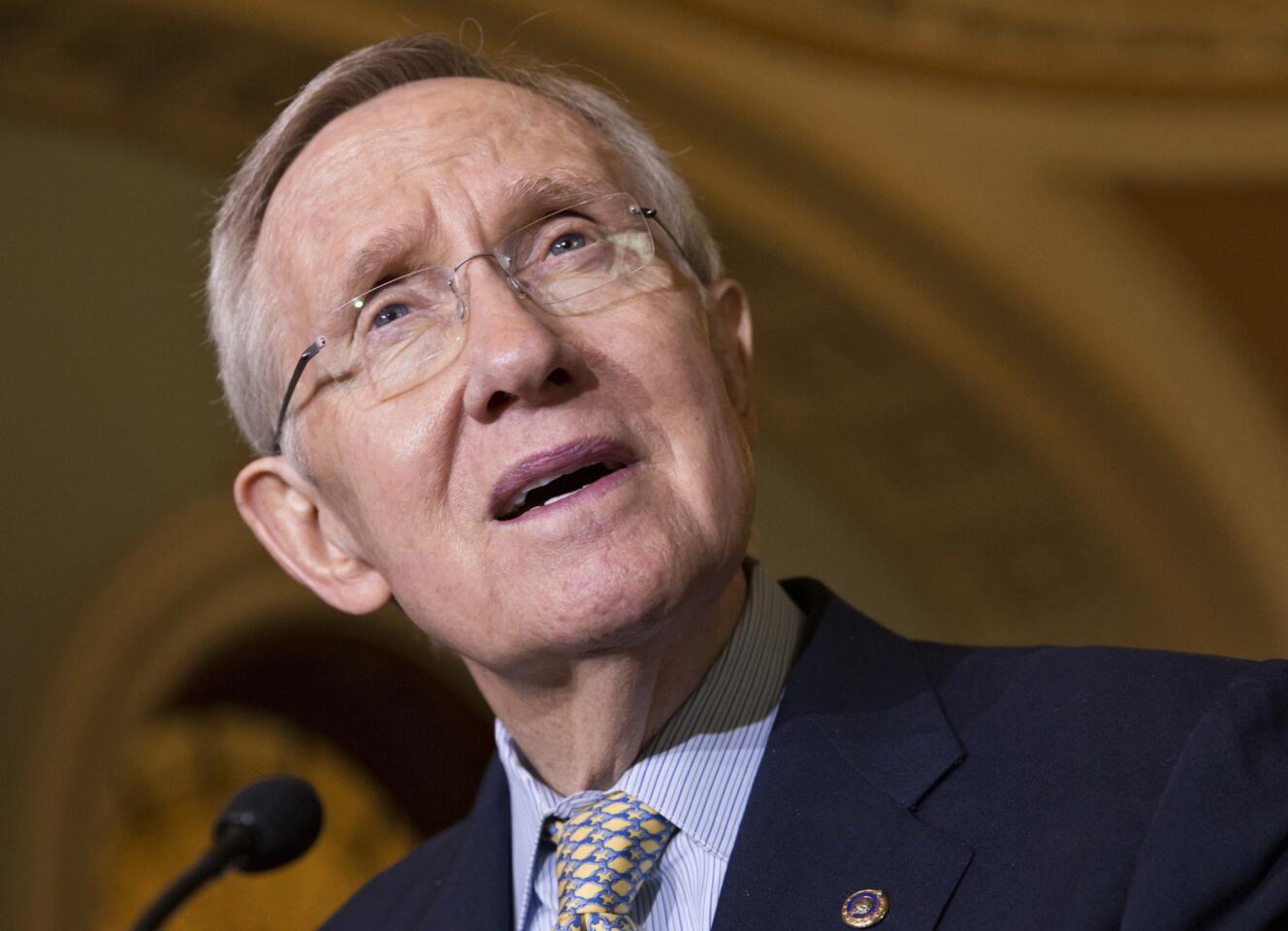
Senate Majority Leader Harry Reid (D-Nev.) is fiercely partisan in his comments off the Senate floor, and Republicans chafe at his aggressive procedural tactics. But when Reid criticized Sen. Ted Cruz (R-Texas) by name in early October on the Senate floor, the Senate’s No. 2 Republican, John Cornyn, called him out for violating the Senate’s rules of courtly debate.
The next day, Reid took to the Senate floor to apologize, kinda sorta. “I think we’ve all let things get away from us a little bit,” Reid said, laying on the blame in a broad, thin coat. “It has gotten worse the last month or so. I will work harder, and I hope my senators will do their best to maintain these habits of civility and decorum moving forward.”
Above: Reid speaks on Capitol Hill on Oct. 29.
MORE YEAR IN REVIEW:
12 political photos that made us look twice
10 tips for a better life from The Times’ Op-Ed pages
Kindness in the world of politics? 7 uplifting examples from 2013 (J. Scott Applewhite / Associated Press)
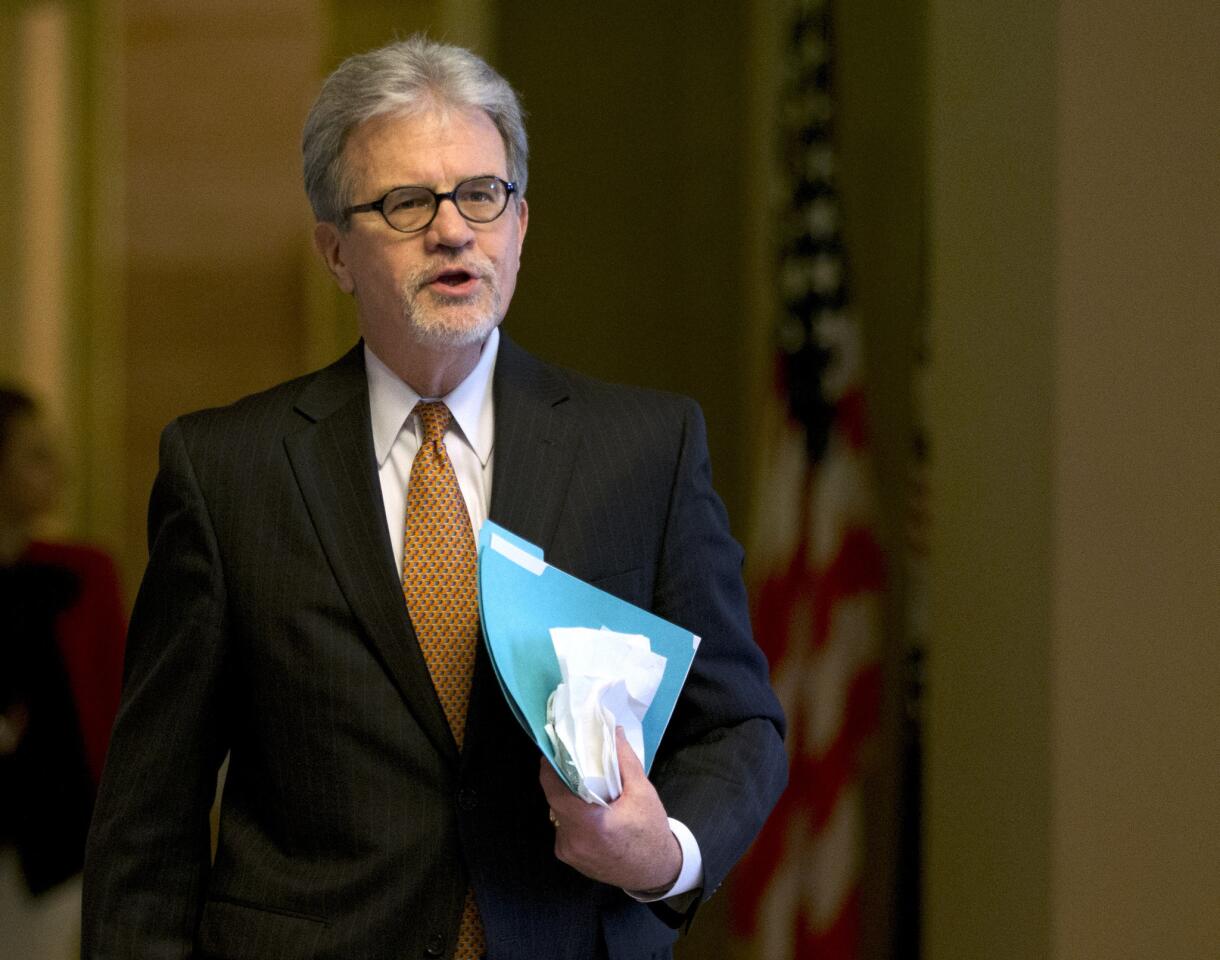
Among the Republicans most frustrated by the hardball procedural tactics employed by Senate Majority Leader Harry Reid (D-Nev.) is Sen. Tom Coburn (R-Okla.) At a Republican fundraiser late in October, Coburn reportedly likened Reid to a part of the anatomy not normally mentioned in polite company. After the New York Daily News published the comment, Coburn took to the friendlier confines of Fox News to offer an apology that sounded more like an apologia.
“My words weren’t appropriate, but my frustrations are real,” Coburn said, adding, “The Senate’s not doing what it’s supposed to do.”
Above: Coburn walks toward the Senate chamber on Dec. 31, 2012.
MORE YEAR IN REVIEW:
12 political photos that made us look twice
10 tips for a better life from The Times’ Op-Ed pages
Kindness in the world of politics? 7 uplifting examples from 2013 (Jacquelyn Martin / Associated Press)
Advertisement
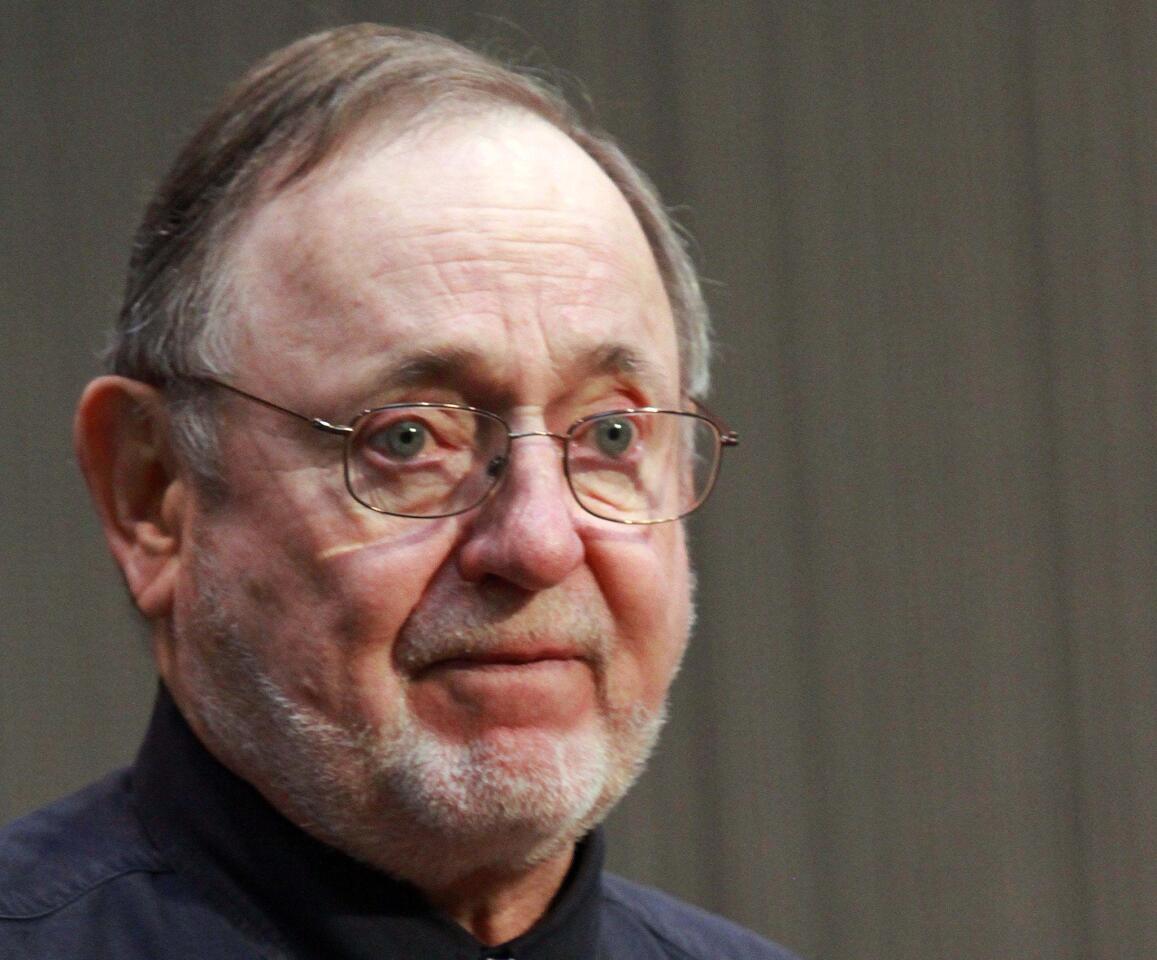
During an interview about the economy in March, Rep. Don Young (R-Alaska) casually referred to migrant laborers with a throwback slur: “My father had a ranch; we used to have 50 to 60 wetbacks to pick tomatoes.”
The comment quickly drew criticism from liberal pundits, Spanish-language media outlets and even GOP leaders, who were trying to fix their party’s damaged image among Latino voters. Young’s first response was a textbook non-apology apology: “I used a term that was commonly used during my days growing up on a farm in Central California. I know that this term is not used in the same way nowadays, and I meant no disrespect.”
Later, Young issued a second statement actually expressing regret for what he’d uttered: “I apologize for the insensitive term I used during an interview in Ketchikan, Alaska. There was no malice in my heart or intent to offend; it was a poor choice of words.”
Above: Young speaks in Anchorage on Oct. 20, 2011.
MORE YEAR IN REVIEW:
12 political photos that made us look twice
10 tips for a better life from The Times’ Op-Ed pages
Kindness in the world of politics? 7 uplifting examples from 2013 (Dan Joling / Associated Press)
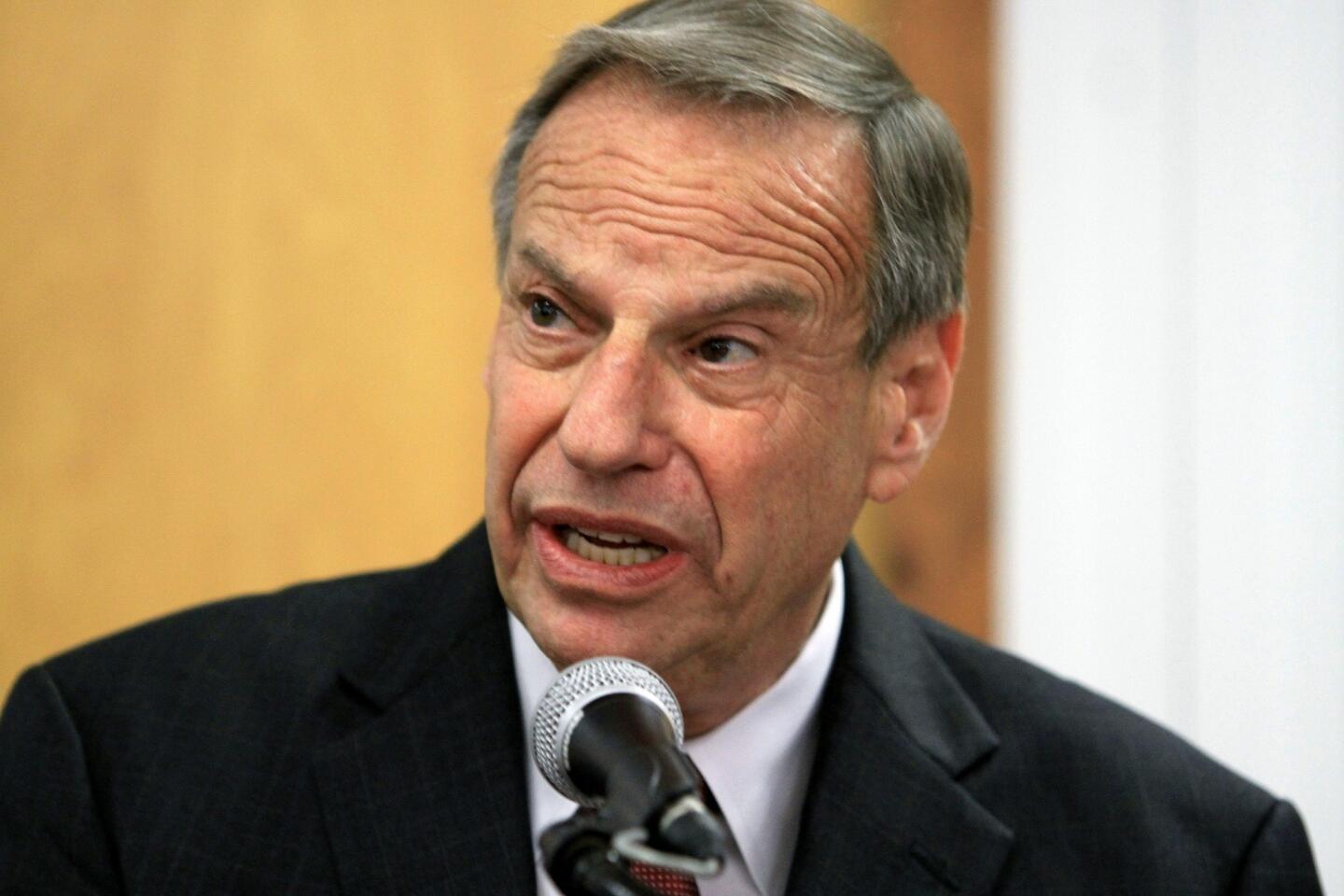
Bob Filner was just the Democrat San Diego needed -- or so we thought. Then another side of the former Freedom Rider emerged when, over the summer, several women came forward with truly ugly sexual harassment allegations. Among the accusations: telling one woman to not wear underwear to work, asking another to forgo her wedding band on a business trip, and, of course, applying the hideous “Filner headlock.”
In what was likely a smooth-things-over PR move, Filner checked into a two-week, intensive behavior therapy program, but then he left a week early.
At the end of August, Filner resigned from his post and also apologized to his victims: “To all the women that I’ve offended, I had no intention to be offensive, to violate any physical or emotional space. I was trying to establish personal relationships, but the combination of awkwardness and hubris led to behavior that I think many found offensive.” You’ll note he said “offended” instead of “sexually harassed.” During his apology, he also lashed out at the media, among others, and threw himself a pity party. To which The Times’ Robin Abcarian wrote: “He couldn’t find enough incongruent metaphors: He was a victim of a lynch mob, a political coup, an assassination.”
Above: Filner speaks at a news conference announcing his intention to seek professional help for sexual harassment issues on July 26.
MORE YEAR IN REVIEW:
12 political photos that made us look twice
10 tips for a better life from The Times’ Op-Ed pages
Kindness in the world of politics? 7 uplifting examples from 2013 (Bill Wechter / Getty Images)
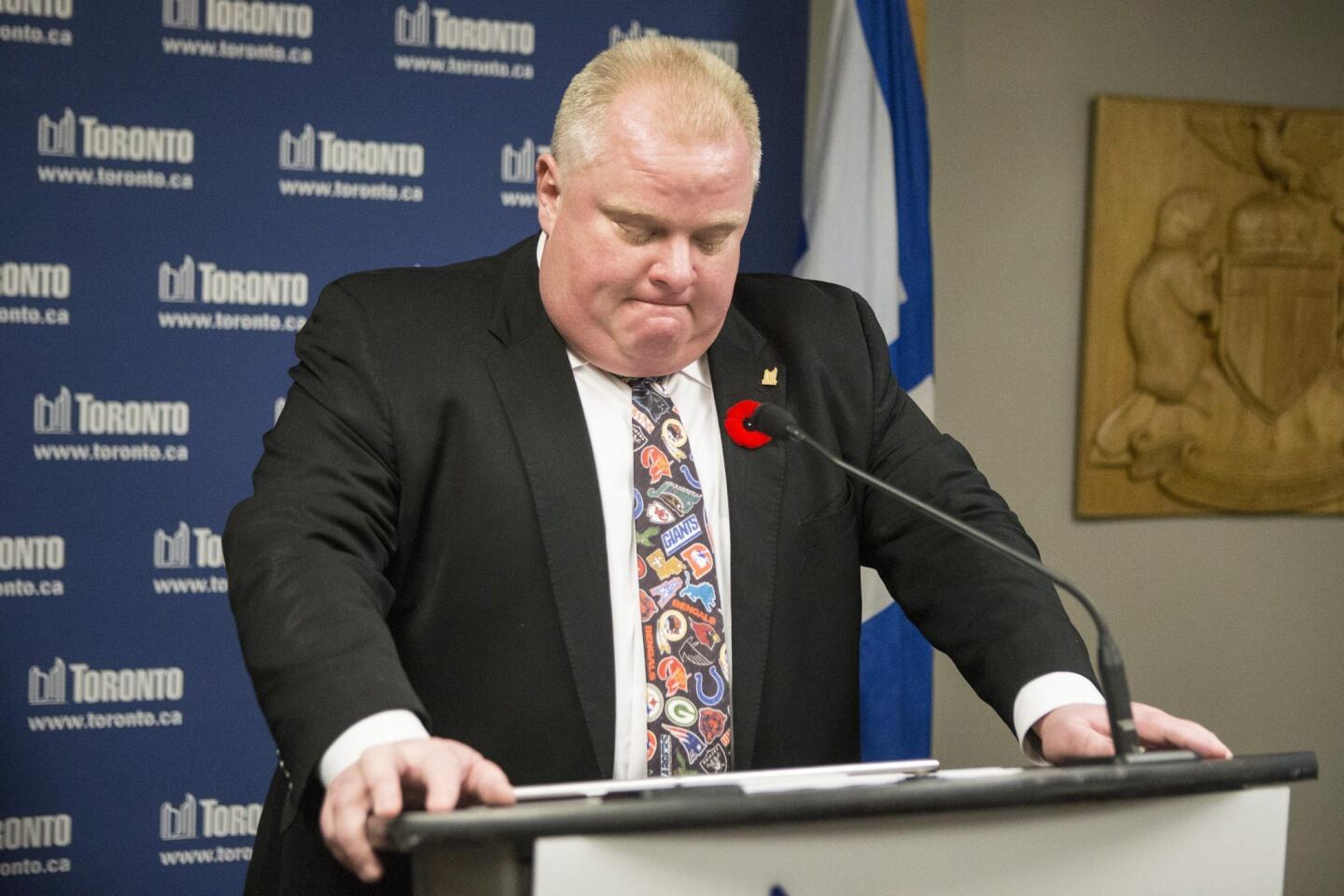
If there’s one politician in North America who’s learned how to apologize, it’s Toronto Mayor Rob Ford. He’s had plenty of practice lately, having to apologize for being accused of smoking crack, for admitting to smoking crack, for buying drugs while serving as mayor, for making sexually explicit remarks at a news conference to defend himself against new allegations ... the list goes on and on.
But Ford came late to the apology party, having denied allegations about drug use for months before finally admitting in early November that he had, in fact, smoked crack. Even then, though, he insisted on hedging his admissions. As he explained to CNN: “If someone would have said, came up to me and said, ‘Have you ever smoked crack? Have you ever smoked weed?’ I would have said, ‘Yeah, I have.’ But when you come and accuse me of being a crack addict and say, ‘Do you smoke crack?’ No I don’t. Have I? Yeah, OK. Have I drank, have I acted like an idiot when I drank? Yeah, I did.”
Ford also has resisted calls from the City Council to step down, saying the public will decide in next year’s elections whether he’ll keep his job.
Above: Ford addresses the media at City Hall in Toronto on Nov. 5.
MORE YEAR IN REVIEW:
12 political photos that made us look twice
10 tips for a better life from The Times’ Op-Ed pages
Kindness in the world of politics? 7 uplifting examples from 2013 (Chris Young / Associated Press)







